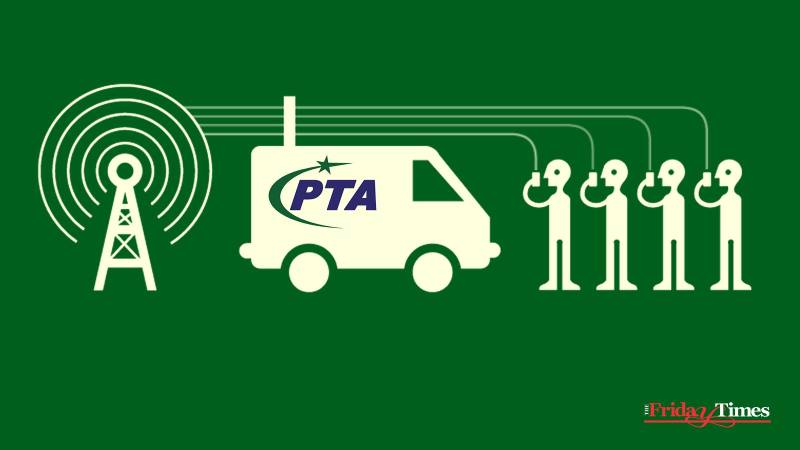
The Islamabad High Court (IHC) has been informed that phone surveillance technology has been installed in Pakistan at the level of individual telecommunication companies. However, access to this technology rests with state institutions and security services.
At a recent hearing of the audio leaks case in the IHC, headed by Justice Babar Sattar, representatives of the telecommunication companies confirmed to the court that equipment and systems to record phone conversations have indeed been installed.
However, they said that the telecom regulator, the Pakistan Telecommunication Authority (PTA), is the one who has the keys to operate the systems. The PTA acts as an intermediary between telecom operators and the federal government and its authorised services, which issue instructions for legal interception and surveillance of phone communications.
The PTA further stated that a virus that can hack phones, access cameras, and other critical components within minutes is found in "90% of mobile phones" in the country. Moreover, the PTA chief recalled how software such as the Israeli-made Pegasus can hack phones within a minute given physical proximity.
PTA Chairman Major-General Hafeezur Rehman informed the court that the PTA has implemented all the conditions of the telecom operator license except the clause on legal interceptions.
Justice Sattar then inquired whether the PTA was claiming that audio recordings or phone tapping, which may have taken place in the country, were unlawful. He questioned the legal counsel of the telecom operators if a legal route for interception of users' communication existed. The lawyer responded that while such systems have been installed, they are only accessible by the regulator and available to the federal government.
He said that lawful interception does not apply to cellular services because it is the responsibility of the PTA, the federal government, and other relevant institutions. The court then inquired about which agency has the authority to grant orders for phone tapping. The attorney said telecom companies are unaware of this and comply with the orders issued by the PTA.
Justice Sattar noted that telecommunications companies disclose individuals' whereabouts to law enforcement organisations, even though, per their contract with users, they are bound to keep personal information confidential.
He then inquired as to the laws that govern the sharing of consumer information with appropriate institutions. The court then instructed the telecom companies to present a thorough report by the next hearing.
Additional Attorney General Barrister Munawar Iqbal Duggal said the federal government's report is limited to the petitioner, former first lady Bushra Bibi and Najamus Saqib, the son of former Chief Justice of Pakistan Saqib Nisar.
This irked Justice Sattar, who stated that he had sought a report on the authority under which the government approves phone tapping and the framework by which such actions are initiated, approved, and executed.
He stated that the court needs to know the data sharing structure with the authorities.
He questioned if telecommunications companies could disclose someone's private data to any agency without the federal government's consent.
PTA's lawyer, Irfan Qadir, responded that the authority can take action against telecommunication firms that infringe on individuals' confidentiality.
Pemra Chairman Mirza Saleem Baig informed the court that the Council of Complaints had been activated and that they may take action against any broadcasting network which has aired unverified and intimate conversations between people.

